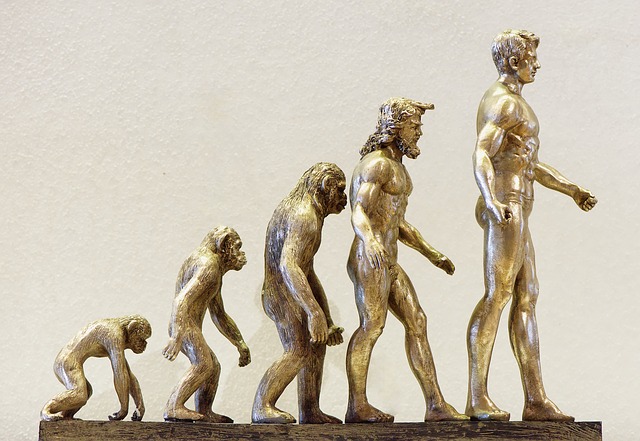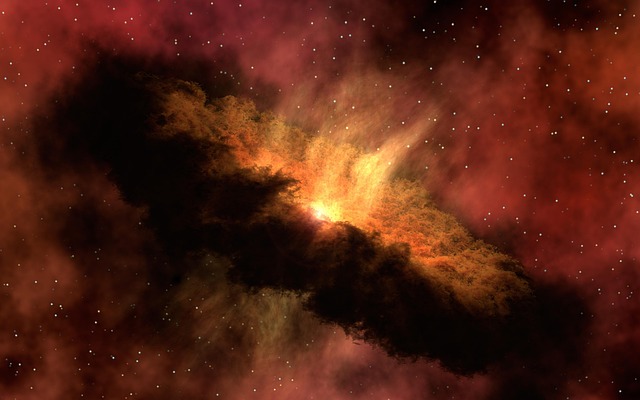The first humans were born 6 million years ago, but it was only 200,000 years ago that they evolved into the human form we see today. The history of civilization and human society is only about 6,000 years old, and industrialization did not begin until the 18th century. Humans have accomplished a lot in a very short period of time, but for the time being, we do not seem to have reached that point with regard to our responsibility to the only planet we can inhabit.

It is undeniable that human presence has had an impact on the planet Earth. Our ability to adapt and survive in extreme conditions such as Antarctica is fascinating. But it also has negative effects. Every year, forests are disappearing all over the planet. Humans are destroying entire ecosystems and natural species because we need to build new homes for our ever-growing population.
Human society has grown to 7 billion people and is being affected by increasing pollution from industry and automobiles. This is affecting the planet in ways that are very difficult to predict. However, we are already seeing some of the effects today, such as melting glaciers and rising global temperatures.
As mentioned at the beginning of this article, the first visible human beings came into existence more than 6 million years ago. The first extant traces of this are the primates called adripithecines, which lived in Africa and were the first primates to walk upright. Upright walking was essential because it allowed them to free their hands when moving and to use primitive tools and weapons.
The Homo group to which we present-day humans belong, Homo sapiens, began to emerge more than 2 million years ago. Homo sapiens were characterized by their large brains and ability to use tools, and they crossed not just one continent, but all of them. Our species has managed to survive and thrive despite climate changes such as the Ice Age.
However, we do not know what will happen to human society. Hopefully, our intelligence will lead us in a sustainable direction and save the only planet we have.